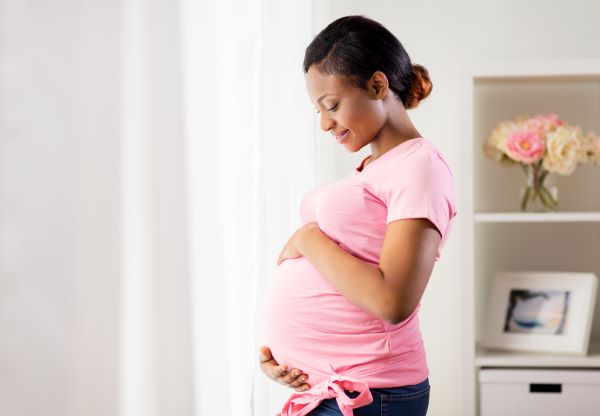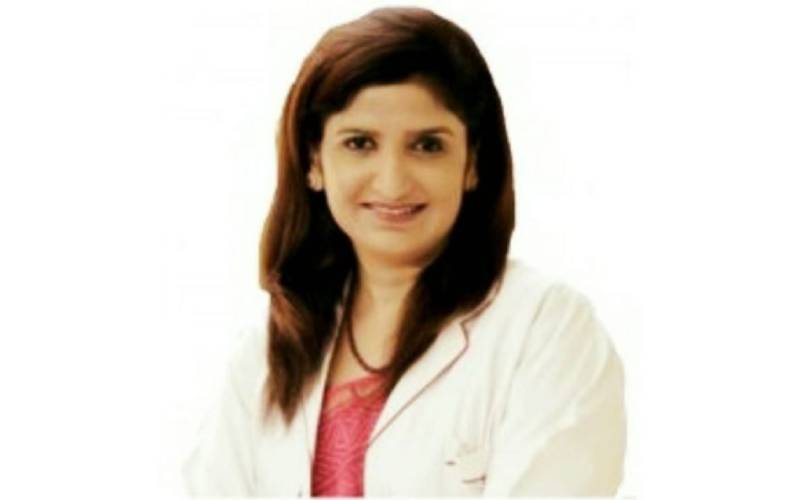
You are in your early 20s and still in college. Or mid-twenties and starting your career, late twenties, and finding your footing in life. Early 30s and stabilizing, work-wise, but you have been too busy putting those corporate blocks together or simply haven't found Mr. Right to settle with, let alone a man to have a baby with.
More women today are delaying having a baby for various social or career-related reasons more than ever before.
According to the report of Society of Assisted Reproductive Technologies, Dr. Sarita Sukhija of Myra IVF Clinic in Parklands says, “the percentage of 40-year plus women seeking fertility treatment has increased by 80 % during the last decade in the country.”
"The success rates of having successful pregnancy decrease with each year, which is mainly because of aging of eggs and the abnormal embryos that result in non- implantation or miscarriage as a result of abnormal chromosomes,' Dr. Sarita explains.
"To prevent the failures and transferring abnormal embryos, we do PGS (that is Preimplantation Genetic Screening) in which we can do the biopsy of embryos, send them for testing to look for abnormal embryos and select and transfer only normal embryos which have the maximum potential so as to give the woman in late 30s/40s best chance to have pregnancy."

Dr. Sarita observes that in Kenya, having previously worked in India and Spain as a fertility expert, women marry late or get divorced, then have second marriages - which pushes them into their late thirties or early forties for the trying of babies.
"In such females," she says, "bilateral tubal blockages are quite common, often because of pelvic infections, then fibroid are quite common.
"Another issue that is seen in 40+ plus females is fibroids," says Dr. Sarita, "and this is often the issue. So we first advise to have IVF! We freeze the embryos for use at later date (to prevent the delay of eggs aging), we advised fibroids removal. And after six months healing time to her uterus, patient returns for the transfer of the embryo to her uterus, and we wait for successful pregnancy to take place.
"Success rates of IVF fertility beyond 35 are not very great all over the world, even in the best of centers," Dr. Sarita says. "This is attributed mainly to the egg quality as well as quantity. The number of eggs and quality both decreases as woman crosses the age of 35.
"This is what we call as biological clock ticking, and there is no way one can increase the eggs in ovaries as every woman is born with particular set and number of eggs, which go on decreasing in number as the woman ages," Dr. Sarita explains.
Thus, the success rates of having a successful pregnancy decrease inversely with each passing year, mainly because of the aging of eggs and the abnormal embryos that result in non- implantation or miscarriage as a result of abnormal chromosomes.
The obvious answer then, for women in their twenties or early thirties these days, who are putting off the having of babies – whether deliberately or inadvertently – is to freeze their eggs.
Sort of like savings in an account during a sunny day, to be withdrawn in the future during the rainy period of 'increased' infertility.
One day, no doubt, human beings will be able to genetically 'design' their children in IVF laboratories. For now, storing sperms, eggs, and embryos in minus 196-degree centigrade Liquid Nitrogen tanks, even as the Covid-19 pandemic causes the shortage of that 'free' element oxygen hospitals across the country, is as futuristic as it gets.
"A single woman, in her early thirties, realizes that as her career is picking, her eggs are deteriorating, but still has hope of marriage in the future. We can store her frozen eggs, and maybe when she gets married later on, or even decides to be a single mother, she can come back and get her baby."
How long do eggs stored in the liquid nitrogen last?
"If you are, say, 30 years old and stored them (here) this year,' you could return in 2040 as a 49-year old woman, on the verge of menopause, and still get perfectly healthy offspring, "Doctor Sarita says. "Nowadays it is not only men who can get the pleasure of becoming a parent, late in life."
In mid-March, she was featured on Facebook live by South African TV hostess Lauren van Rooyen on Momboss.space, with lots of continental interest from women on IVF and egg storage issues.
 The Standard Group Plc is a multi-media organization with investments in media
platforms spanning newspaper print
operations, television, radio broadcasting, digital and online services. The
Standard Group is recognized as a
leading multi-media house in Kenya with a key influence in matters of national and
international interest.
The Standard Group Plc is a multi-media organization with investments in media
platforms spanning newspaper print
operations, television, radio broadcasting, digital and online services. The
Standard Group is recognized as a
leading multi-media house in Kenya with a key influence in matters of national and
international interest.
